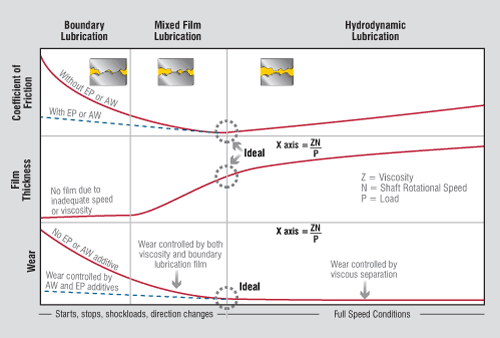I have not posted here to much I mostly try to read and learn, but I am currently having an argument with someone who insists on using M1-15w/50 in a vehicle spec'd for 0w/20 (2013 civic si k24)and wanted to know why one would do this. I'm curious and want to understand! Supposedly this person has 30 plus years in engine R&D(which is oil related)including small engines, weed eaters diesel applications etc etc. He lives in a hot climate and all I could get out of him was friction equals wear.
I don't think for one this vehicle would gain anything protection wise from using a 50 weight oil that you couldn't get out of a 30 weight oil or a 20 weight for that matter. If anything I think you would be contributing to increased heat using the higher viscosity and possibly starving critical parts of oil in this application.
If you did a UOA of the 15w/50 and then one of a 10w/30 for example in this car I cannot imagine there would be any measurable difference in wear using the 30 weight.
Am I missing something here? I appreciate your input.
Thanks Brian
I don't think for one this vehicle would gain anything protection wise from using a 50 weight oil that you couldn't get out of a 30 weight oil or a 20 weight for that matter. If anything I think you would be contributing to increased heat using the higher viscosity and possibly starving critical parts of oil in this application.
If you did a UOA of the 15w/50 and then one of a 10w/30 for example in this car I cannot imagine there would be any measurable difference in wear using the 30 weight.
Am I missing something here? I appreciate your input.
Thanks Brian






